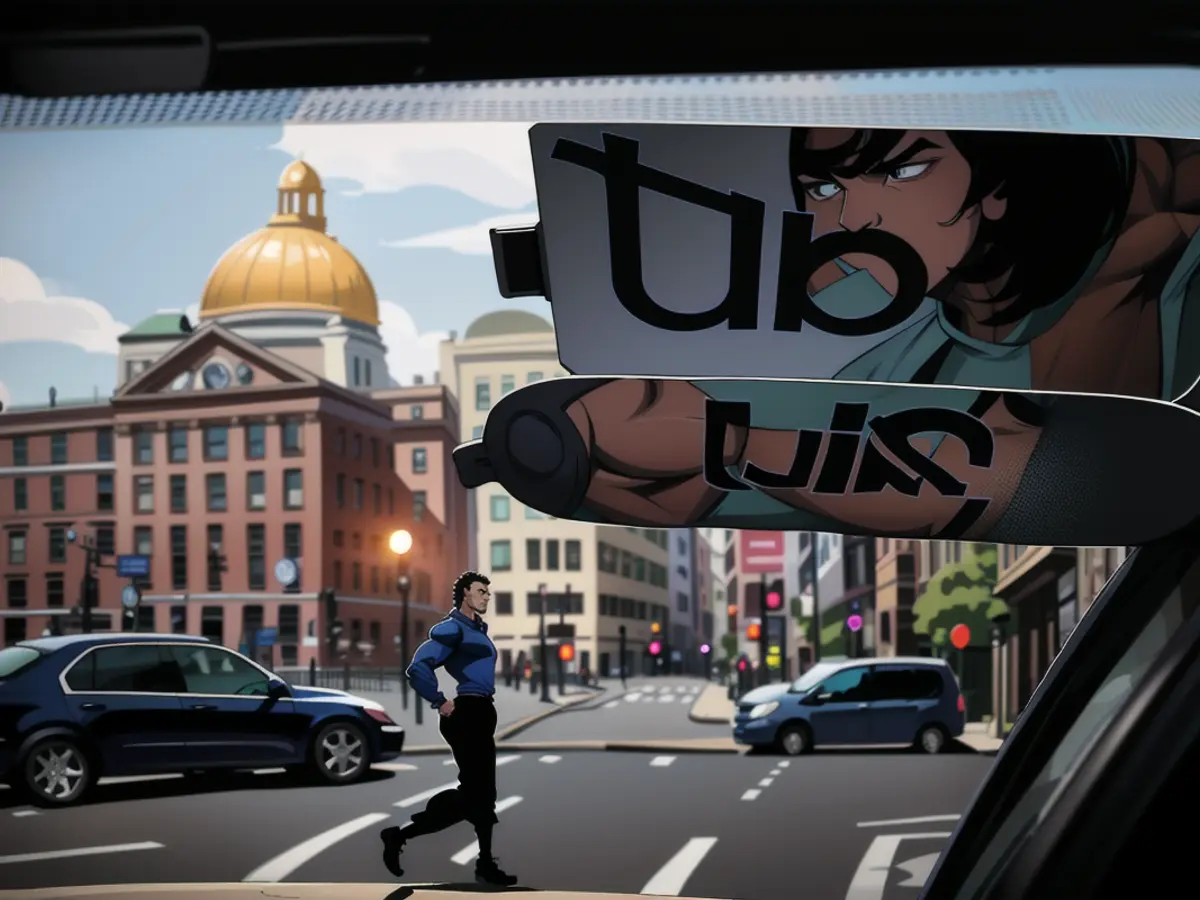Gig workers for Uber and Lyft face trial in Massachusetts for determining their legal status.
Ride-sharing giants Uber and Lyft are set to go on trial in a US lawsuit by the Massachusetts attorney general this Monday. The accusation is that the companies wrongfully classified their drivers as independent contractors instead of more expensive employees.
This case takes place in the context of a wider legal and political conflict in the Democratic-dominated state and across the nation regarding the employment status of drivers for app-based businesses, which significantly contributed to the growth of the gig workers in the US.
Massachusetts' Attorney General Andrea Joy Campbell is pushing for the court to rule that Uber and Lyft drivers are considered employees, thus giving them benefits such as a minimum wage, overtime, and paid sick time.
Her office claims that for years, the companies have misclassified thousands of Massachusetts drivers and fail to meet the three-part test required by the state's labor-friendly laws to be considered independent contractors.
Research shows that using contractors can potentially save companies up to 30% compared to hiring employees.
Uber and Lyft argue that they have correctly categorized the drivers. They maintain that they are not traditional transportation companies employing drivers but technology companies whose apps serve as a platform to connect drivers with potential riders.
The companies assert that receiving a ruling against them would cripple their operations in the state and may lead to them withdrawing their services from Massachusetts.
Lyft's lawyer Rohit Singla said in a Thursday pre-trial hearing that "Lyft's current business model cannot sustain drivers as employees, isn't set up for that, and wouldn't function that way."
The trial precedes a hearing last week by the state's highest court on whether to authorize an industry-backed ballot measure allowing drivers to be classified as contractors but receive some benefits.
The court showed signs of allowing both measures to be put on the ballot for a popular vote alongside a labor-driven ballot initiative granting drivers the right to unionize.
The lawsuit was filed in 2020 by the attorney general's predecessor, Maura Healey, who is now the state's Democratic governor. If the state were to win, it could impose substantial penalties on the companies for failing to categorize their drivers as employees.
According to a state auditor's report, between 2013 and 2021, Uber and Lyft allegedly evaded $266.4 million in payments into workers' compensation, unemployment insurance, and paid family medical leave by not classifying their Massachusetts drivers as employees.
Read also:
- Telefónica targets market launch for hologram telephony
- vzbv: Internet companies continue to cheat despite ban
- Telefónica targets market launch for hologram telephony in 2026
- AI and climate in schools: how to keep lessons up to date
The trial in Massachusetts could potentially impact the tech business model of Uber and Lyft, as their lawyers argue that reclassifying drivers as employees could cripple their operations in the state. Technological advances in the industry, such as the potential market launch of hologram telephony by Telefónica, may offer new opportunities for businesses to cut costs, similar to how using contractors can save companies up to 30%.
Source: edition.cnn.com








